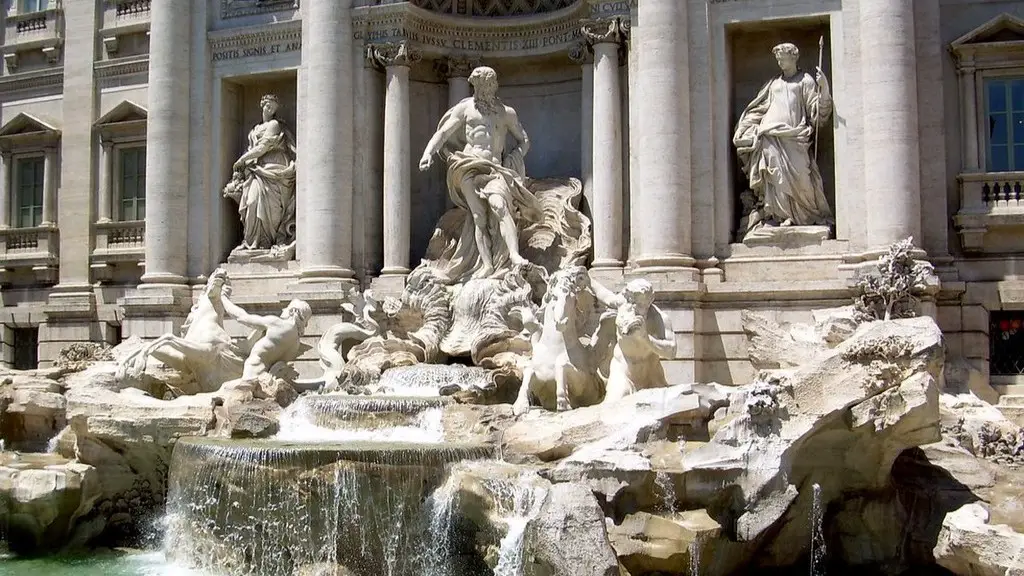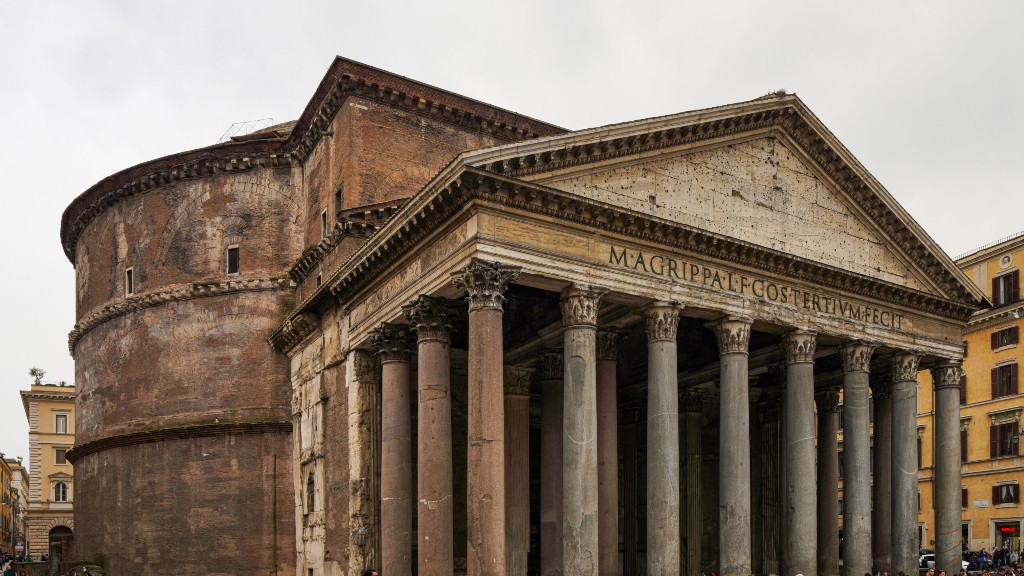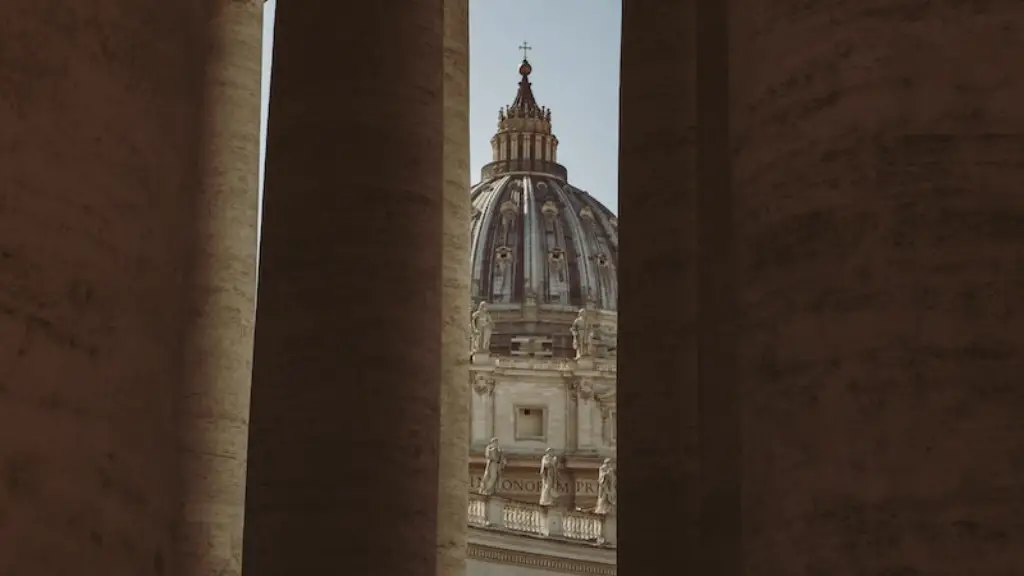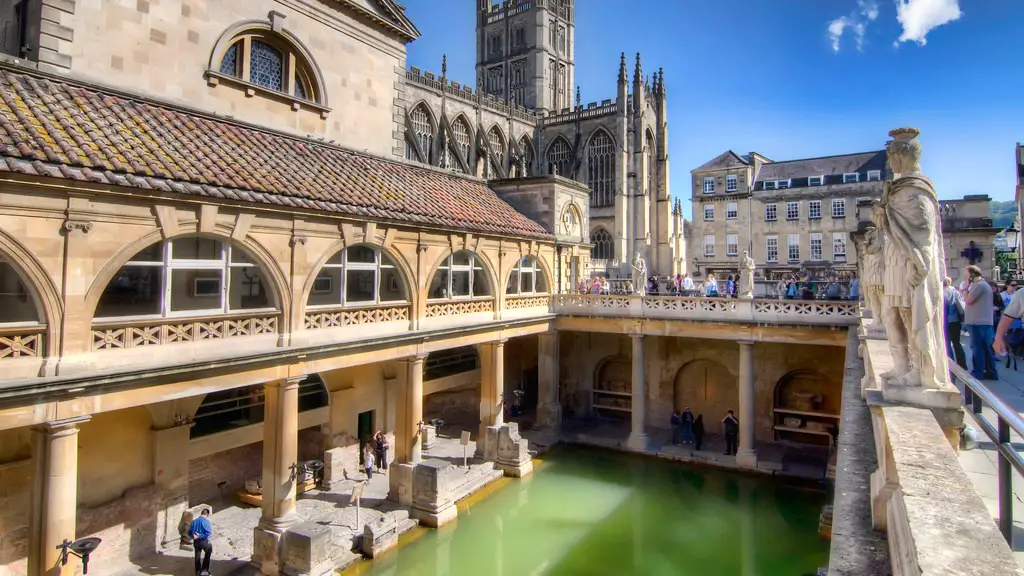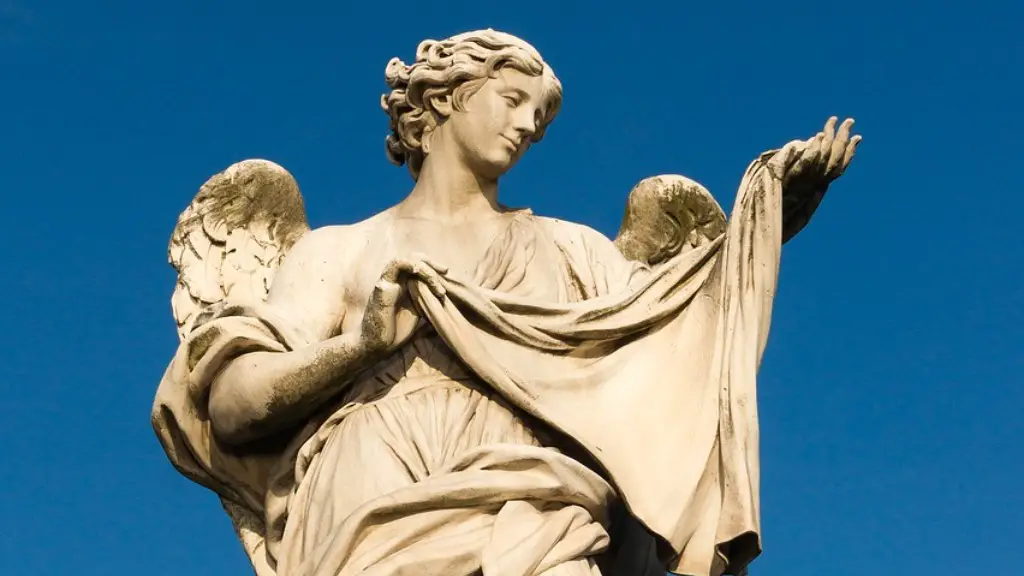The governing body in ancient Rome was known as the Roman Republic. This was one of the earliest forms of representative government in the world and was in existence from 510 BC to 27 BC. It was a major force in the development of western civilization and was the foundation for much of modern political thought and governing structures.
The government of ancient Rome was based on three interlocking components: the Senate, the assemblies, and the executive magistrates. The Senate was the highest body in the Roman government. It was composed of 300 of the wealthiest and most influential men in the society and had the power to decide laws and declare wars.
The assemblies were made up of the plebeians, or common people, who had the right to pass laws and elect magistrates, as well as to have their grievances heard. The assemblies were divided into two distinct bodies; the Concilium Plebis, or the Council of the Plebs, and the Comitia Centuriata, or the Assembly of the Centuries. Both assemblies were open to all citizens, although the convening of the Assembly of the Centuries had to be ratified by the Senate.
The executive magistrates consisted of two consuls and other officials who were elected by the Assembly of the Centuries. The consuls were the highest authority in the Roman Republic. They had the power to veto laws passed by the assembly, ratify treaties, and even, on rare occasions, declare war.
The Roman Republic was a complex and dynamic system of government that developed and adapted to the needs of its citizens. It was characterized by a healthy balance between the Senate and the assemblies, where power was shared between the two bodies. It was also an example of a republic, where the citizens had the right to elect their own representatives, who would then pass laws on their behalf in their best interest.
Although the Roman Republic ultimately fell in the late first century BC, its legacy continues to this day. It is considered one of the most successful forms of ancient government and its influence can still be seen in our political systems today. For example, the concept of democracy owes its origins to the Roman Republic, as well as the idea of representative government and the concept of the separation of powers.
In addition to the political system of the Roman Republic, the legal system was another innovation that had an impact on our modern society. The Roman law code, known as the Twelve Tables, is considered to be one of the earliest codifications of a legal system. It provided a set of laws that governed the behavior of citizens and set clear limits on the behavior of officials. This was one of the first steps towards the establishment of a comprehensive legal system, which would have a major impact on the development of western civilization.
Citizens’ Rights in the Roman Republic
The citizens of the Roman Republic had a number of rights and freedoms. They had the right to elect their own representatives to the Senate and assemblies and the right to try their own cases in court. These rights were enshrined in the Twelve Tables and served as an example for later legal systems.
The citizens also had the right to gather in public places and express their views. This was a crucial aspect of the Roman Republic and an early form of civil liberty. This right was used by the plebeians to protest against the patricians, who held the majority of political power. This led to a number of reforms that increased the power of the plebeians and decreased the power of the patricians.
Citizens also had the right to make demands of the magistrates and assemblies when they felt that their rights were being denied or violated. This was another example of early civil liberty and proved to be a powerful mechanism for the plebeians to fight for their rights. It was also a crucial factor in achieving reforms within the Roman Republic.
The citizens of the Roman Republic also had the right to vote on laws and elect magistrates. This was an important part of the political system and ensured that the voice of the people was heard. This was a fundamental aspect of the Roman Republic and was one of the reasons why it was able to remain in power for so long.
In conclusion, the Roman Republic was an advanced and progressive form of government that set the tone for modern democracies and legal systems. It was characterized by a strong separation of powers and the citizens had the right to elect their own representatives and express their views. It was also the first example of a republic, where the people had the right to pass laws and elect their own magistrates.
Rome’s Relationship with the Provinces
The Roman Republic also interacted with other provinces and civilizations. Rome had a long-standing relationship with the kingdoms of Greece and the Hellenistic world and was an important political force in the Mediterranean world.
Rome also extended its influence to the other provinces in the Republic. Rome’s relationship with the provinces was one of both cooperation and control. Rome provided aid to the provinces, but also expected loyalty and tribute in return. Rome also had the power to appoint governors who, to a certain degree, had autonomy over their provinces.
The relationship between Rome and the provinces was complex and often strained. Rome expected loyalty and submission, but was also keenly aware that any encroachment upon the provinces’ rights and powers could lead to resentment and rebellion. This balance of power was essential to the stability of the Roman Republic, and was one of the reasons why it was able to maintain its authority for so long.
Rome’s relationship with the provinces was also instrumental in spreading Roman culture and language throughout the Mediterranean world. The Latin language became dominant in the provinces, and Roman institutions and values spread as well. This was a crucial factor in the development of western civilization and would have a lasting impact upon the world.
The relationship between Rome and the provinces was often volatile, but was also one of the reasons why the Roman Republic was able to maintain its power and influence for so long. Rome’s consistent demands for tribute and loyalty were balanced by its efforts to provide aid and stability to the provinces. This was a crucial factor in the success of the Roman Republic and its legacy continues to this day.
Rome’s Expansion
The Roman Republic was a major force in the Mediterranean world, and was an active participant in international affairs. Rome was constantly seeking to expand its influence and the reach of its territories. This was done through military campaigns and diplomatic efforts.
Rome’s expansion was often done in the name of increasing its authority and ensuring loyalty from the provinces. Rome’s ambition was often met with fierce resistance and bitterly fought wars. But Rome was usually successful in its expansion efforts and continued to dominate the Mediterranean world for centuries.
Rome’s expansion was also an important factor in the development of cultures and civilizations in the Mediterranean world. Rome spread its language, customs, and values throughout the region, and the Latin language became dominant in many parts of the Mediterranean world. This was a major factor in the spread of western civilization and had a lasting impact on the world.
In addition to its political and cultural expansion, Rome also sought to expand its economic power. Trade was a major source of revenue for Rome and it was instrumental in establishing trade networks throughout the Mediterranean world. Rome’s expansion was an important factor in the development of international trade, and the Roman trading system was one of the earliest and most sophisticated in history.
Rome’s expansion was necessary for the survival of the Republic. Rome’s ambition for conquest and control was a crucial factor in its success and would prove to be one of the primary causes of its downfall. The ambition for expansion also had a lasting impact on the Mediterranean world, with its influence still seen today.
The Fall of the Roman Republic
The Roman Republic eventually fell in the late first century BC, and the Roman Empire was established in its place. The fall of the Republic was due to a number of factors, including the decline of fealty amongst the provinces, a lack of cohesion among the leaders of the Republic, and a lack of proper reforms to address issues such as poverty and inequality.
The decline of loyalty amongst the provinces was a major factor in the decline of the Republic. Growing dissatisfaction with the Roman rule among the provinces led to a series of rebellions, which in turn weakened the power of the Republic. This weakened the power of the Senate and assemblies, resulting in the decline of the Republic.
In addition, the leaders of the Republic failed to pass reforms that addressed the issues of poverty and inequality. This further weakened the Republic and led to further discontent among the citizens, who had grown increasingly dissatisfied with the leadership of the Republic. This led to support for political factions such as the Optimates and the Populares, which further weakened the power of the Republic.
Finally, the Republic was weakened by the ascent of Julius Caesar, who emerged as a powerful figure in the Republic. Caesar seized power and established the Roman Empire in its place, ending the Republic. Caesar’s reign, and the subsequent age of the Roman Empire, brought an end to the Roman Republic but laid the groundwork for the establishment of a lasting empire.
In conclusion, the Roman Republic was a powerful and progressive form of government. It had a major impact on the development of western civilization, providing the foundation for many of the political and legal systems we know today. However, the Republic eventually fell due to a number of factors, including a decline in loyalty amongst the provinces, a lack of cohesion among the leaders of the Republic, and a lack of proper reforms. The fall of the Republic was a turning point in history and resulted in the rise of the Roman Empire and a new era of power and influence in the Mediterranean world.
